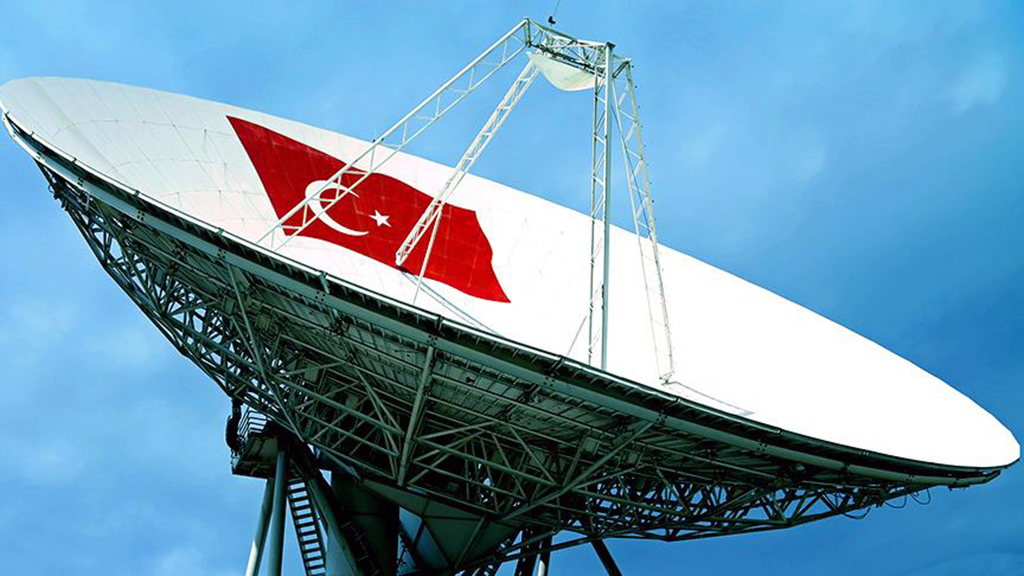
Adapting to the post-empire world
Effective policy coordination and clarified functions are desperately needed from the democratically elected branches of the U.S. government, especially from Congress and the White House, but chances for improvement on those fronts are grim
Share
For observers striving to make sense of the long-term transformation of the international system, these truly are interesting times. In the aftermath of a relatively stable 15 years covering the early years of the new millennium chiefly characterized by the dominance and empire-like attitudes of the U.S., global political economy seems to be heading into entrenched uncertainty. The impact of the global economic crisis might be over for most of the major players in the global economy, but this is hardly a sufficient base for relief, as a period of perpetual political crises might yet be on the horizon. The new posture of the United States as an unprincipled, interest-maximizing power with little inclination to preserve liberal values and institutions or provide global public good significantly contributes to this sense of increased uncertainty. As the democratic and institutional capacity of U.S. foreign policy is deliberately undermined by President Donald Trump and his associates, it is impossible to miss that conventional security alliances such as NATO, based on the notion of collective security, are losing ground. This is conceivable, as the new logic of national security in the U.S. is based on a fluid system of bilateral alliances, shifting regional engagements, toughening hegemonic struggles and deliberate destabilization of critical geostrategic areas.
In this context, NATO members such as Turkey are rightfully feeling the need to strengthen their national security capacity via the acquisition of new equipment, such as Russian S-400 missile defense systems, as well as the formation of alternative regional alliances in the face of apparent U.S. reluctance to support its partners against multifaceted security challenges. A similar observation could also be made for the United Kingdom, one of the traditional strategic partners of the U.S., when it decided to pursue Brexit in order to follow a more autonomous path from the EU and began to diverge from U.S. positions on a number of critical geostrategic issues. Needless to say, both the neoliberal institutionalism that defended the stabilizing role of international institutions for global peace and neoliberal economics advocating market-friendly modes of global integration are rapidly losing ground in this global context. While Washington smoothly withdraws from its hegemonic stabilization, empire building, tougher political rhetoric and international competition, new forms of neo-protectionism and political and economic forms of nationalism increasingly dominate the international agenda.
As the U.S. position on a number of geostrategic issues shows a great deal of confusion in Trump's controversial tweets, statements coming from the U.S. State Department and the actions of the Pentagon conducting foreign and national security policies assume vital importance for key U.S. allies. As underlined in the Daily Sabah editorial yesterday, conflicting statements come from the Pentagon and the State Department concerning a critical issue of the formation of a 30,000-strong border security force from militants loyal to the People's Protection Units (YPG), the PKK terrorist organization's Syrian affiliate. This contradiction illuminates the inconsistent and untrustworthy policies that states can expect in their dealings with the U.S. in the near future. The Pentagon continues to promote YPG messages given its willingness to work with the PKK affiliate as its main ground force in the region while the State Department tries to preserve its sensitive alliance with Ankara by refuting key military implications of the U.S.-YPG collaboration. Clearly, effective policy coordination and clarified functions are desperately needed from the democratically elected branches of the U.S. government, especially from Congress and the White House, but chances for improvement on those fronts are grim.
Therefore, the mobilization of the Turkish military to conduct a major operation against YPG forces in Afrin to block infiltration by terrorist groups and prevent the formation of a terrorist corridor in northern Syria is justified. Just like Operation Euphrates Shield was conducted with great success to ensure a safe zone and a humanitarian assistance corridor, the Afrin operation is likely to produce a positive outcome for regional stability. But the moral of the Afrin issue is quite illuminating with respect to the spirit of the new era for U.S. allies and others – do not rely on the institutions representing U.S. security partnerships, do not take contradictory messages from Washington seriously, follow one's own interests to secure goals of national and regional security, and form as many bilateral alliances you can. This recipe constitutes the core of the ways through which Turkey, just like other U.S. allies and the rest of the world, could adapt to the necessities of the post-empire world.
[Daily Sabah,19 January 2018]
Tags »
Related Articles







